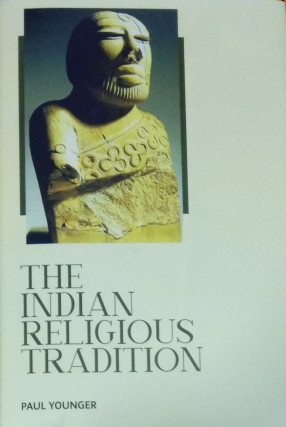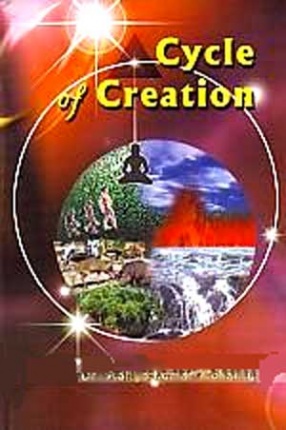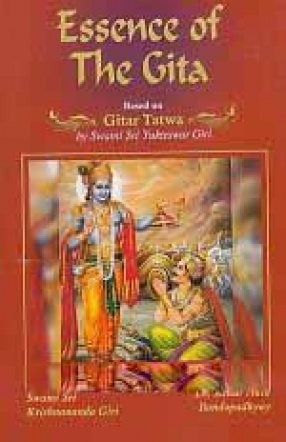The Indian Religious Tradition
Within the compass of this relatively modest boom Professor Paul Younger of McMaster University. Hamilton, Ontario, Canada, has brought the entire range of the Indian Religious Tradition. The book is not intended to present new material, but to arrange the material according to a new method in the study of human cultures. This new method combines the approaches of the phenomenologist, who tends to look at phenomena out of context, and the historian, who describes the phenomena in chronological order. As a result of following this method Professor Younger has suggested some important new interpretations of the phenomena of Indian religion. He has divided the development of Indian religion into four major phases : a "background" period consisting of the Indus and dig Vedic Civilizations, a "Formative" period in which the cultural creativity of Buddhism is emphasised, a period of "Consolidation", and finally a period of "Survival" in which the Indian response to the confrontations with Islam, Christianity, and Technology is traced. Throughout Professor Younger attempts to show the relationship between the underlying theological commitments of India and the cultural forms of art, philosophy and society through which those commitments were expressed. While this book presents some radically new theses, it was written in such a way that even students and laymen should be able to follow the argument
Get it now and save 10%
BECOME A MEMBER







Bibliographic information